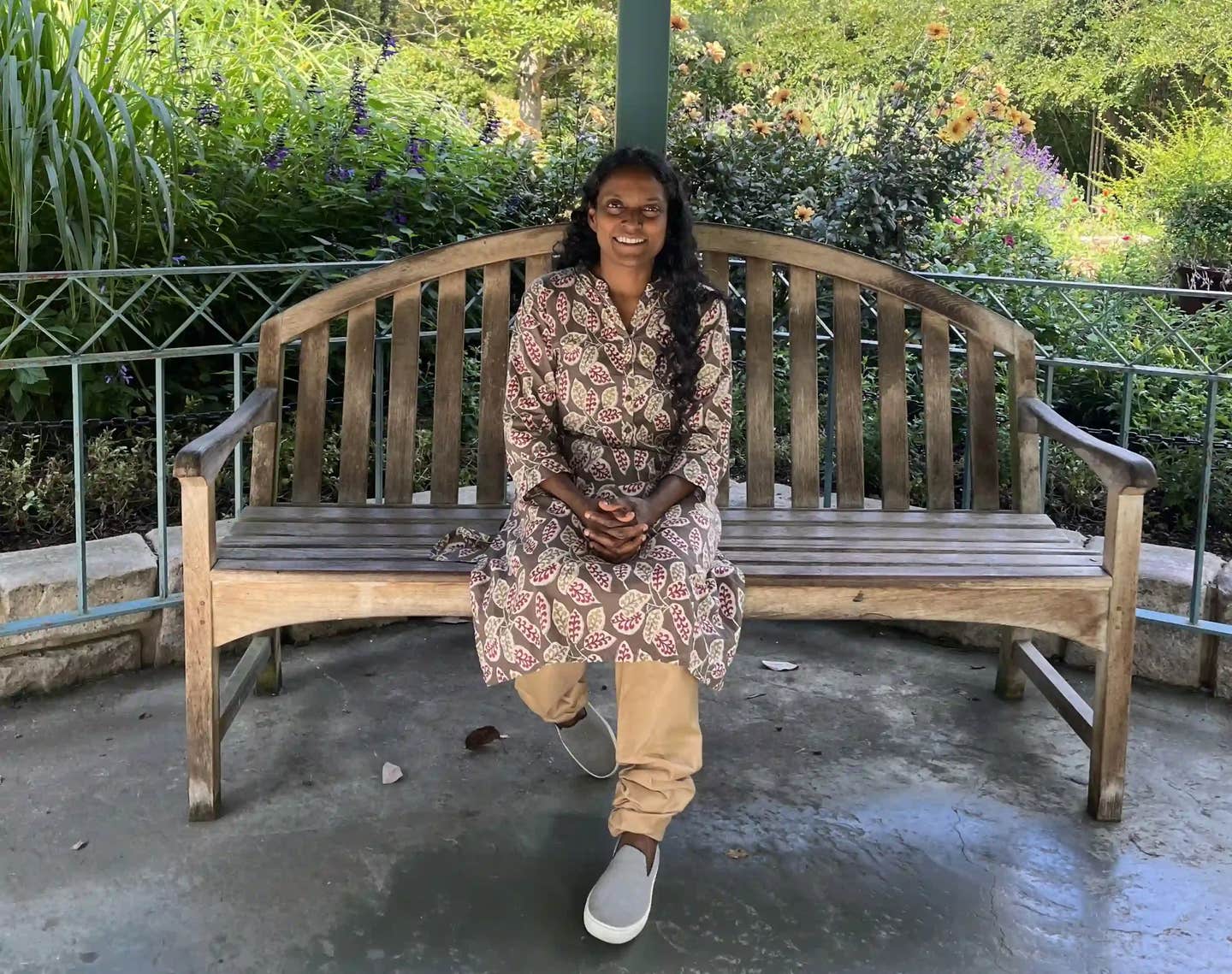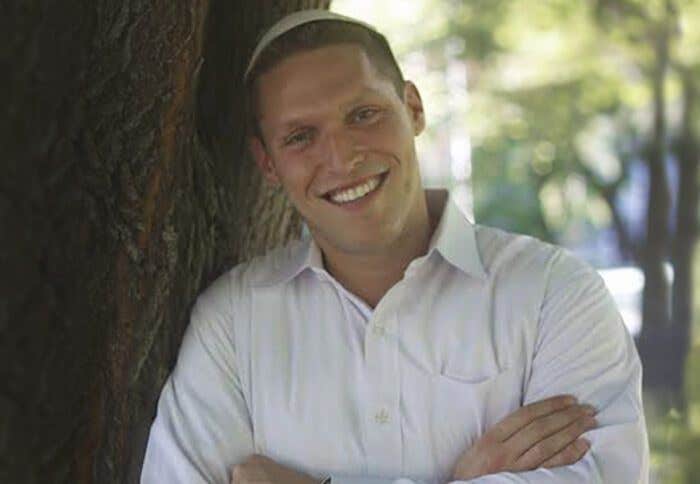There are so many reasons why an interfaith vegan movement with a more prominent voice has the potential to create powerful change.
Starting movements that create positive change for society is righteous, laborious work. In the cloistered worlds of plant-based diets and animal welfare advocacy, there is not enough collaboration for the greater good. People are often looking for their niche. This is perfectly understandable: Individuals have their chosen spheres of interest and comfort zones, and they want to dedicate their time to what they know best.
I am no exception. I have my own aspirations, of course, but as of late, the notion of building a broader universal vision for the animal welfare movement has struck me as the future of the cause. If we are going to truly make a difference in our efforts to reduce the cruelty and consumption foisted upon billions of innocent, sentient beings, then we’re going to have to consolidate our efforts. Together, we could be a real force. As Saint Francis of Assisi wrote centuries ago, “Not to hurt our humble brethren [the animals] is our first duty to them, but to stop there is not enough.” For me, the most natural place to start this fortification of our movement is within our communities of faith.
To be sure, the vegan and animal rights communities are mostly secular movements. It is wonderful that so many secular individuals have taken up such an extraordinary cause, and religious vegans owe enormous gratitude to these pioneers. Religious vegans need to now take a bigger seat at the table and bring our views to the ongoing conversation and discussion. For as it says in the Bhagavad Gita: “One is dearest to God who has no enemies among the living beings, who is nonviolent to all creatures.”
Fruitful Collaboration Between Faiths
Faith-based initiatives addressing animal welfare have been marginal due to the lack of fruitful collaboration between faiths. While each faith possesses unique and important qualities, it is in the area of bridge-building and demonstrating unity where we will be most powerful. Immanuel Kant implores us to remember that: “He who is cruel to animals becomes hard also in his dealings with men. We can judge the heart of a man by his treatment of animals.” Religious communities must take this truth to heart and be among the first to step up and say “No!” to the perpetuation of cruelty towards other creatures. The rabbis taught that we must not only avoid the Biblical prohibition of causing pain to animals (tzaar baalei chaim) but that we should also seek to show compassion and even to learn from animals (Eruvin 100b).
Trusted Religious Leaders Have a Wide Reach
In our post-modern society, local communities and neighborhood bonds have weakened. Religious communities, on the other hand, are still strong and central in many places. When organized around a cause, religious communities have astronomical potential to impact not just individuals, but whole communities as well. Religious people are more likely to follow their authorities and communal norms. They are also more likely to show up at communal events on a consistent basis.
When the Pope talks about climate change, hundreds of millions of Catholics listen. When an authoritative and wise rabbi talks about animal welfare, the Jewish community listens. When the president of The Church of Jesus Christ of Latter-day Saints pronounces, Mormons listen. When an imam spreads a declaration of peace, Muslims listen. When a lama expounds a message of tranquility towards all, Buddhists listen. And so it will go until all have the chance to listen—even the politicians.
On a practical level, religious institutions and leaders have massive political influence, an influence that is needed to shift legislation from current cruel policies. The unfortunate legalization of so-called ag-gag laws—laws that curb the First Amendment rights of concerned citizens—were partly the result of too little political organization amongst animal welfare activists. Religious institutions and figures have the means and ability to influence legislators through old-fashioned methods like grassroots organizing, petitioning, and spreading awareness. Melding political sophistication with the sincere exercise of ideals could greatly advance the cause of passing animal welfare legislation around the nation and around the world.
Animal welfare issues, framed in terms of the spiritual and the moral, are deeply powerful. They can awaken people to their ethical potential, and to a greater awareness of the injustices around them. Jeremy Bentham provided the pithiest query in this way: “The question is not Can [animals] reason?, nor Can they talk?, but Can they suffer?” What is Bentham asking of us? Not to consider the financial value of animals, nor their utility towards man, but their inherent dignity to occupy the same safe and compassionate realm as humans. There is nothing more powerful than having people realize that we share a world with countless beautiful creatures, each with their own story and their own nobility. Countless people, through naiveté or passive willingness to ignore the broader implications of their actions, perpetuate a cruel, unjust system that treats creatures with a brutish sadism and a callousness that makes a stomach turn.
Calling on Friends and People of Faith to Band Together
Paul McCartney once said, “If slaughterhouses had glass walls, we would all be vegetarian.” These beautiful words inspire me to call for a greater mission! I’m calling on friends and colleagues of faith to join together and tear down the walls of complacency and tribalism, and to bring clarity to the masses by coupling badly needed old wisdom with new perspectives. We need to be more ambitious if we are to going to end the needless cruelty that is inflicted upon our fellow living creatures every minute.
We live in a singular time where the connection between faiths is closer than at any time in history. Let us seize this unique opportunity. Religious people also have a monumental role to play in fostering a more compassionate world that honors all life and protects all sentient beings. Let us not squander our resources. Let us unite under a banner of friendship, mutual respect, and the unyielding desire to ensure that Creation is respected and given the deference it truly deserves. To make this possible, it will require the humility of people of faith to create space for others and it will require the secular community to create space for those of faith. If we truly care more about building a more compassionate world than flexing our own identities, then we will come out of our corners into a broader arena to change the world together.
Related News
Get Our Best Price On The Forks Meal Planner

Forks Meal Planner takes the guess work out of making nutritious meals the whole family will enjoy.
Master Plant-Based Cooking!

Our new course features over 100 lessons, 50+ recipes, downloadable guides, and more!
New Frozen Meals!

Introducing our new frozen meals: Doctor-recommended, chef-crafted, & ready in minutes.




